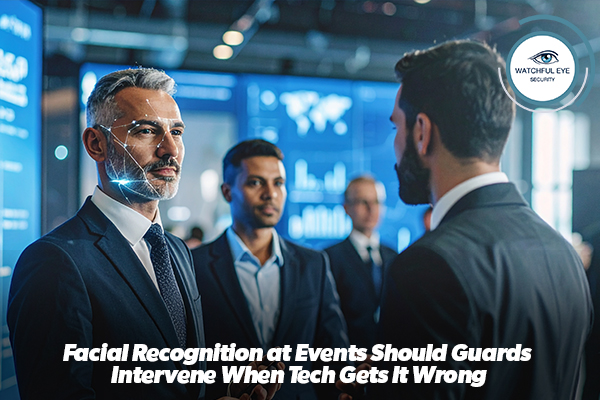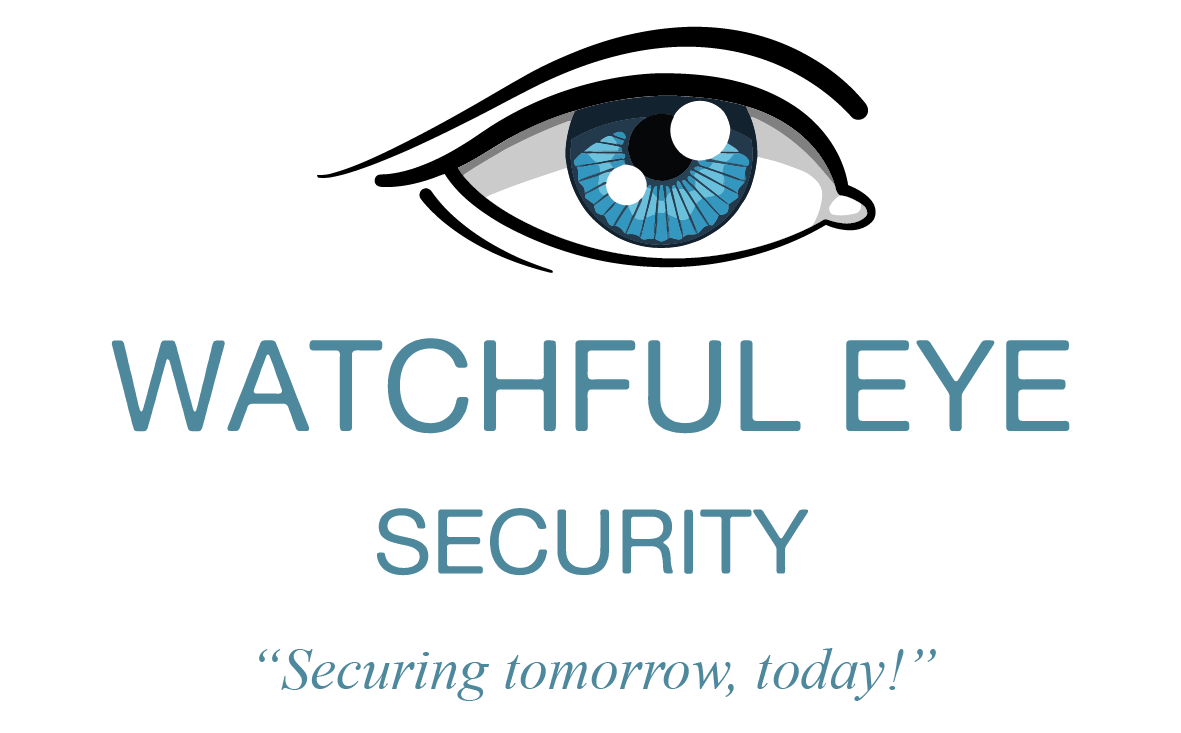
Facial Recognition at Events Should Guards Intervene When Tech Gets It Wrong
Facial Recognition at Events Should Guards Intervene When Tech Gets It Wrong
Facial recognition technology is quickly becoming a familiar feature at UK events — from music festivals and football matches to high-profile business conferences. Touted for its ability to enhance security and streamline identification, it’s often deployed to flag banned individuals, monitor crowd flow, or assist with ticketless entry.
But as with any technology, facial recognition is not infallible. False positives, bias, and technical glitches can (and do) occur. When they do, security guards are often the first to respond. The question is: should guards intervene when the tech gets it wrong? And if so, how?
The Rise of Facial Recognition at UK Events
Over the last five years, the use of biometric technology at events has grown rapidly. In particular, facial recognition systems are increasingly used to:
Identify known troublemakers or individuals on watchlists
Speed up check-in processes
Enhance crowd control and movement tracking
Support contactless ticketing systems
While these systems can improve efficiency and safety, they also raise important ethical and legal questions — particularly when a person is wrongly flagged.
The Problem with False Positives
Facial recognition is not perfect. Studies — including those by the UK Information Commissioner’s Office (ICO) — have highlighted accuracy issues, especially among ethnic minorities, women, and younger people. A mismatch can lead to an innocent attendee being stopped, questioned, or even removed from a venue.
For security guards, this creates a high-stakes dilemma. Trusting the system blindly could result in unfair treatment. But ignoring an alert could put others at risk if the system has correctly identified a threat.
When Should Guards Intervene?
The short answer: with care, context, and training.
Here’s what good practice looks like:
- Verify, Don’t Assume
Guards should never act solely on a facial recognition alert. A secondary form of verification — such as checking an ID or confirming information with event control — should always be carried out first.
. Remain Professional and Non-Confrontational
If intervention is required, it must be handled calmly and respectfully. Guards should be trained to de-escalate situations where a guest feels wrongly targeted or embarrassed.
- Understand the Technology’s Limits
Guards should receive regular training on how facial recognition works, its margin of error, and known limitations. This helps inform their decisions and avoids over-reliance on tech. - Follow a Clear Policy
Event organisers and security providers should have a written policy for how to respond to facial recognition alerts, including escalation protocols, logging procedures, and rights of appeal.
Legal and Ethical Considerations
Under the UK’s General Data Protection Regulation (GDPR), facial data is classed as sensitive biometric information. If your event uses this tech, you must ensure:
Attendees are clearly informed about its use
Consent is obtained where necessary
Data is stored securely and not retained longer than necessary
Systems are regularly audited for fairness and accuracy
Guards must be briefed on these legal obligations, especially when collecting or acting on biometric data.
What Happens If Guards Get It Wrong?
A poorly handled facial recognition incident can have serious consequences:
Reputational Damage – Guests sharing their negative experience on social media can damage your brand or event.
Legal Action – Wrongful removal or public embarrassment could lead to legal claims under privacy or anti-discrimination laws.
Loss of Trust – Attendees may be less likely to return to events where they feel unjustly scrutinised or mistreated.
Facial recognition can be a powerful tool for modern event security, but it must never replace human judgement. Guards are more than just enforcers — they are ambassadors of safety, fairness, and professionalism. When technology gets it wrong, it’s up to trained, compassionate individuals to get it right.
Security companies that invest in proper training and policies around biometric tech are better positioned to protect not just physical spaces, but also the rights and dignity of every guest who walks through the gate.
Looking to hire event security that understands tech and treats guests with respect?
Contact us today to learn how we blend innovation with integrity at every event we protect.
